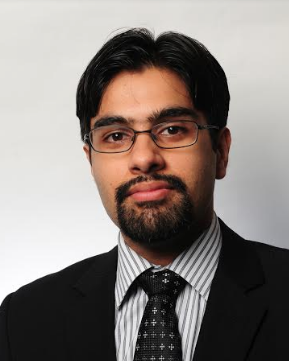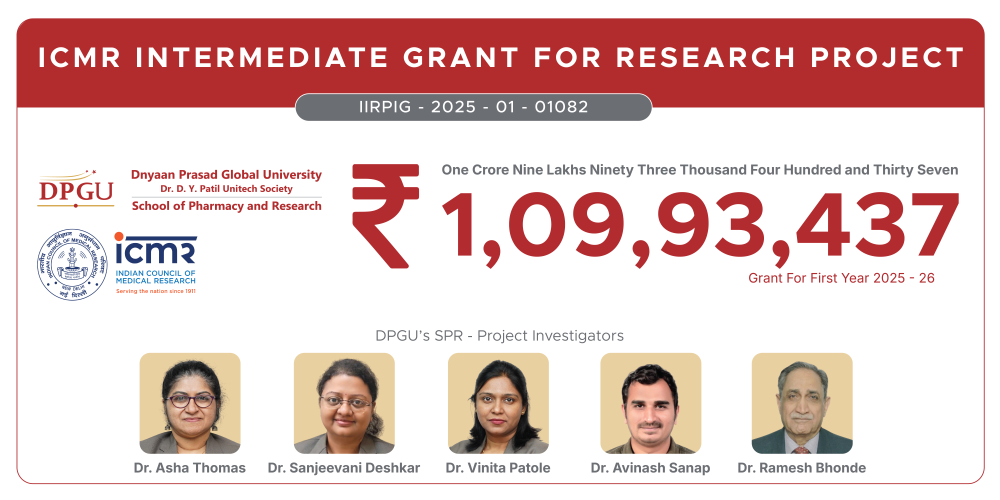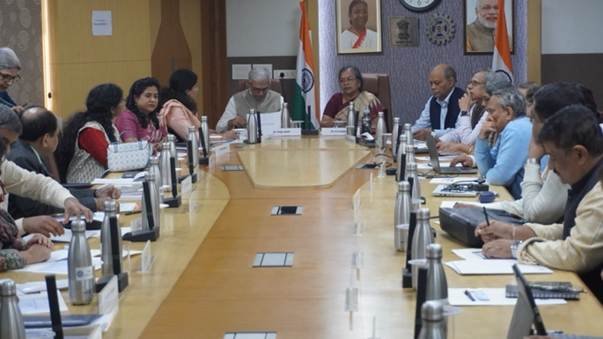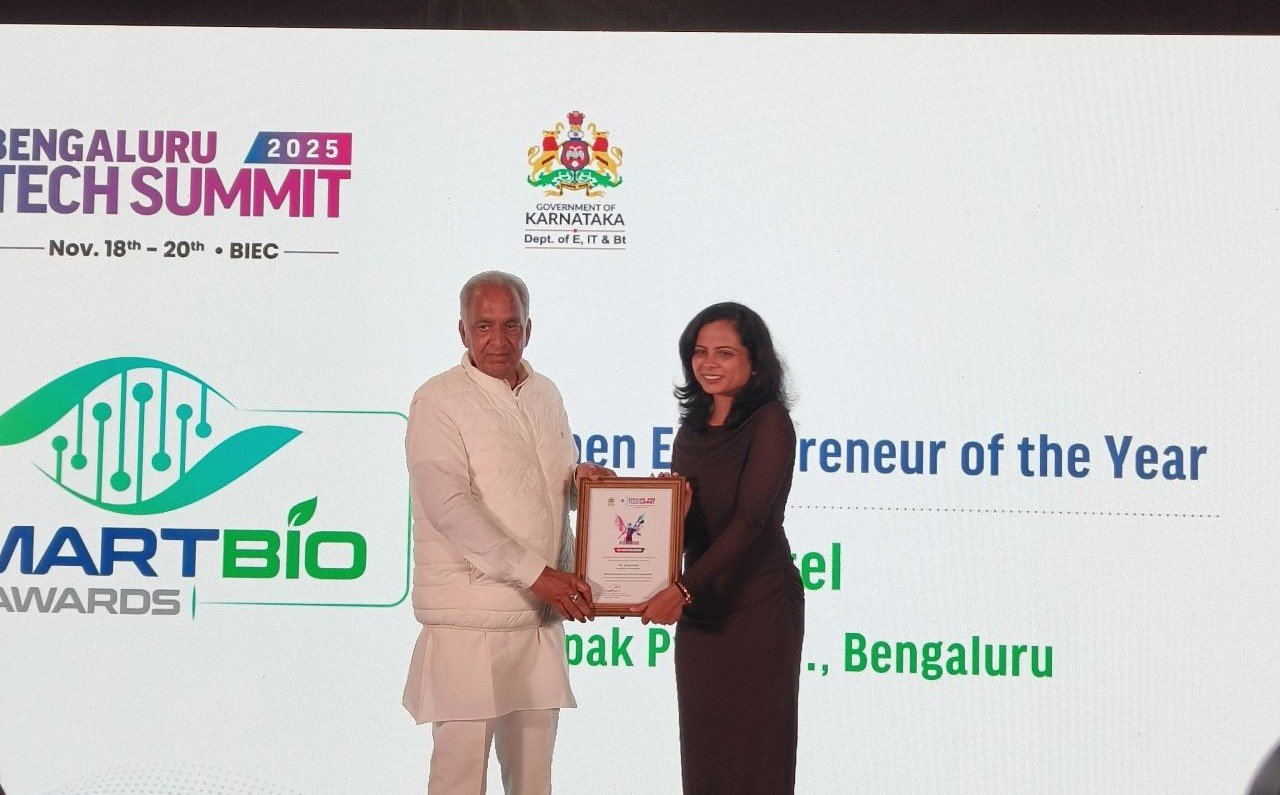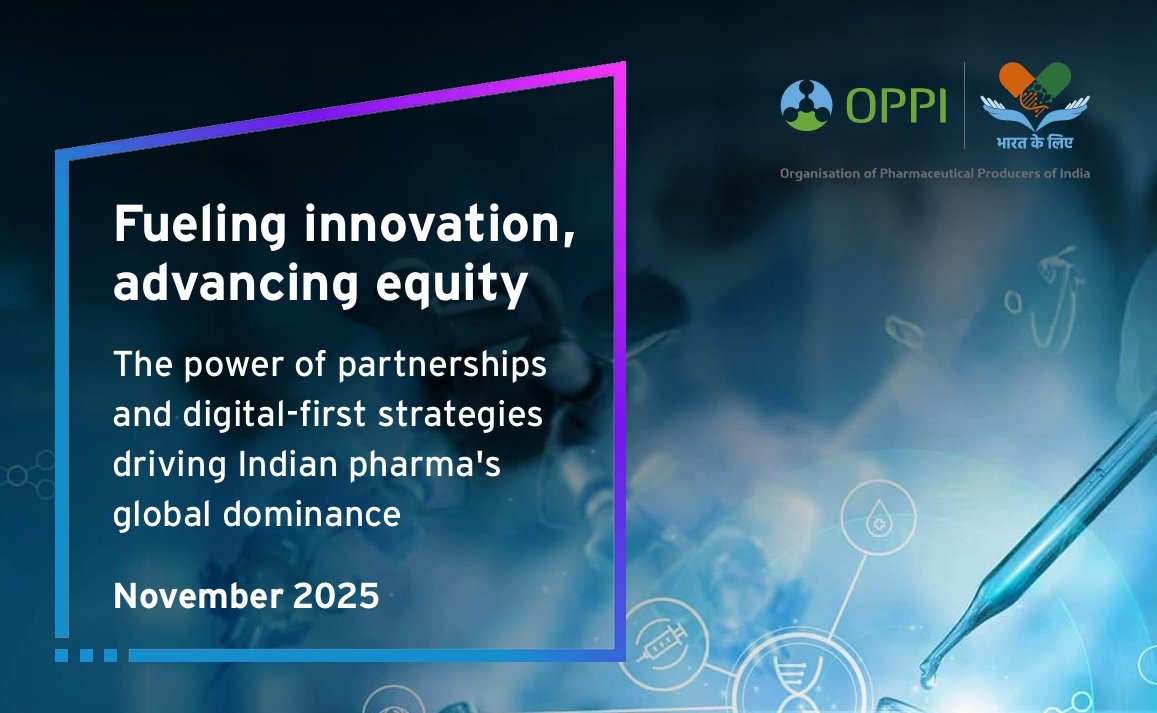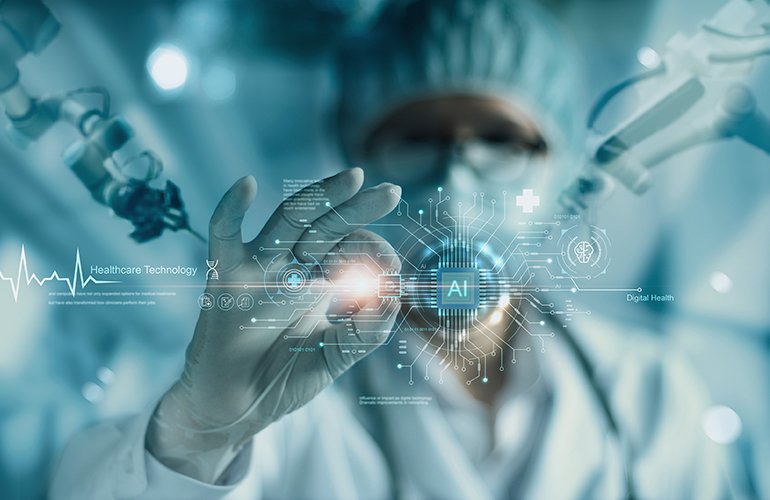“We have signed up some stellar partnerships to enable game changing oncology care and research”
June 18, 2021 | Friday | Interviews
The development of more cutting-edge technologies provides the potential to expand the digital transformation in the healthcare industry. Big data analytics is utilising huge multiple sets of real-time data through AI-based algorithms in this healthcare system to provide a better service for the welfare of society. It is being continuously used to procure crucial information and opportunities for improvement in sub-fields of the medical domain.
BioSpectrum interacted with Akansh Khurana, CEO & Co-Founder, THB (stands for Technology|Healthcare|Big Data Analytics) about how the Gurugram-based company is leveraging real-world evidence to empower the healthcare ecosystem with state-of-the-art clinical and business modules to improve patient outcomes.
Edited excerpts-
How has the company evolved since its inception?
THB’s platform derives value from healthcare and clinical datasets for the healthcare enterprises. The platform offers integrated modules with end-to-end value data value propositions, from data management to multi-stakeholder data applications.
Over the first 2 years of THB’s inception, we experimented with multiple use-cases and applications to identify the product market fit. Eventually in 2018, we pinned down on some of the burning issues across healthcare industry and launched relevant modules and applications. This was also around the time when we received our first institutional investment. THB is now one of the largest healthcare data platforms in Asia Pacific. We operate in 6 countries and are processing 1bn+ healthcare parameters across 60mn+ lives.
What are the unique features THB is bringing to the healthcare industry?
THB is enabling a series of data use-cases for the healthcare industry, including but not limited to, personalized care, real world evidence, decision support, clinical care automation and business intelligence. We have a large suite of 20+ modules solving a series of data technology challenges of the healthcare industry, and are continuing to innovate to ensure we are the single go-to-player for all data technology needs.
How was the FY20-21? What are the growth expectations this year?
FY21 has been a turnaround year for the healthcare industry. The players have realised the value of data and technology to enable agile decision making, data-driven care, and clinical evidence. Select pockets of healthcare – for e.g. pharmaceutical – also outperformed the market and that enabled our pharma business to grow by 3X. We now have a strong foundation in place and a stellar demand to grow the business by 5-6X over FY22.
What are the major plans in store for 2021?
There are 2 big focus areas for 2021:
- We are rapidly growing our international reach and have penetrated 6 countries. This year, we’ll ensure international business contributes a significant share of our overall business
- We are doubling down on oncology, and have signed up some stellar partnerships to enable game-changing oncology care and research
How Healthcare organisations are leveraging real-time data analytics tools to advance insights and improve decision-making?
Much of the data work that happens in healthcare organisations is still manual that requires a significant amount of monotonous data cleansing, and very limited real intelligence generation. All of this is changing with all the automation and data management layers we are implementing. We have customers who have historically had as many as 15-20 folks managing the datasets and reporting, which can now be done through automation + 1-2 good data engineers. This not only leading to timely intelligence but also a significant reduction in operational costs. Most importantly, the teams can now spend the time to focus on decision-making rather than the monotonous task of reporting.
How Patients can be well assisted with the use of Data Analytics?
A big challenge in India and other emerging markets is a massive amount of under/misdiagnosis, and delayed treatment, and thereby poor patient outcomes. Data Intelligence is enabling healthcare enterprises to automate diagnosis and continued care for the patients.
As an example, one of the pieces of work we did highlight how osteoporosis is significantly underdiagnosed, given only 1 in 500 women actually monitors bone mineral density. Data intelligence is fixing all of these issues related to the lack of timely/personalised diagnosis and care.
Do you think Data-driven digital technologies are bringing seismic changes to the healthcare sector?
A year ago, this question would have required serious thought. But the pandemic has led to a significant disruption indeed. The data movement has gone up considerably, given the increasing adoption of virtual care and digital data exchange. And the clear biggest macro trend here is data generation and therefore, data intelligence. I think data-driven digital technologies are inevitable and are going to generate significant value for healthcare enterprises and the entire ecosystem.
Dr Manbeena Chawla
(manbeena.chawla@mmactiv.com)


